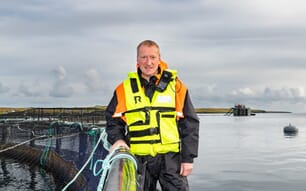Antibiotics are one of the most important tools in the therapeutic arsenals of both doctors and vets. They have dramatically reduced the number of deaths from infectious diseases during the 70 years since their introduction. Nowadays they are an essential part of modern medicine, allowing the treatment of bacterial diseases in man and animals and to prevent infections. Antibiotics allow doctors to perform many procedures now common in human medicine such as transplantation, chemotherapy for cancer and even orthopaedic surgery, and any threat to their continued effectiveness is a matter of urgent concern.
All use of antibiotics brings with it the potential for the development of resistance and this risk is made greater through overuse and misuse in either human or veterinary practice. Antimicrobial resistance is now recognised as a major health concern and there is widespread appreciation of the need to tackle the problem from a ‘one health’ perspective.This approach recognises that appropriate use must take place in both human and veterinary healthcare settings to be effective.
The Commission has therefore asked the Agency to assess the impact on public health and animal health of the use of antibiotics in animals and to give advice on measures to manage the possible risk to humans arising from use of antibiotics in animals.
The Agency’s Committee for Medicinal Products for Veterinary Use (CVMP) and Committee for Medicinal Products for Human Use (CHMP) will work together in providing the Agency’s advice, which is expected to provide a sound scientific basis to inform decisions on the way in which antibiotics are used in animals. The Agency will establish a multidisciplinary working group made up of experts from both committees, from the CVMP Antimicrobials Working Party and the CHMP Infectious Diseases Working Party. The advice will have input from the European Centre for Disease Prevention and Control (ECDC) and the European Food Safety Authority (EFSA). The group will also call on additional expertise as required to address the range of questions to be answered, underlining the multisectorial approach to tackling antimicrobial resistance.
The group will seek the views of stakeholders on relevant topics as part of the input to be considered when formulating its advice. It will be delivered in a step-wise approach, with the first outcome requested by June 2013 and finalisation expected for the end of 2014.
The Agency will provide regular updates on the progress of its work during the process.




